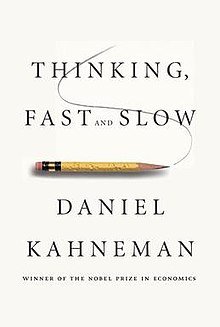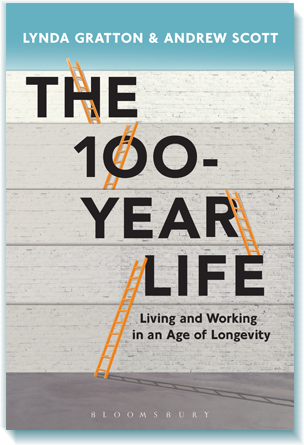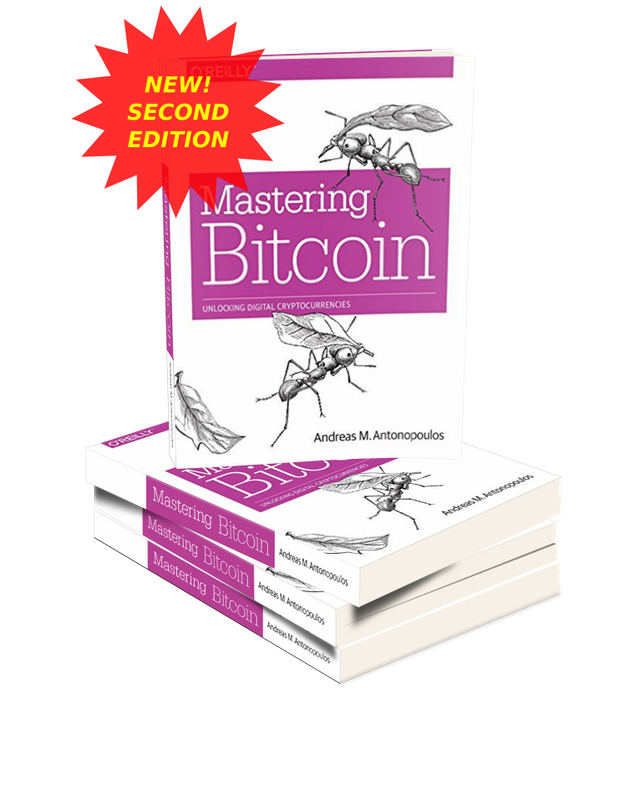Five books I read in 2017
Thinking, Fast and Slow. Chopin: Prince of the Romantics, The 100-Year Life and JavaScript Allonge are among my favourite books I read during 2017.
In an effort to diversity and learn as much as possible, I read a lot of different books in 2017, which gave me a lot of insight into topics I’d never thought much about before. I’ll give a review of each, and a link to where you get them below.
Thinking, Fast and Slow (Daniel Khaneman)

Thinking, Fast and Slow by legendary psychologic Daniel Khaneman was the publication that eventually led to him receiving the Nobel Memorial Prize in Economic Sciences. In this book, Khaneman talks about the two systems that drive the way we think. System 1 is fast, intuitive, and emotional; System 2 is slower, more deliberative, and more logical. To give an example, see the below image:

This is known as the Müller-Lyer illusion. It’s a classic. The question is: which arrow is longer? The first time you saw this, you probably said the top. It turns out they are the same length — and since you’ve likely seen this illusion before you knew that. However, no matter how many times you see it, your natural instinct is that the top arrow is longer.
This is what Khaneman refers to as System 1, your natural, unconscious thoughts. It takes effort to realize you have seen the illusion before, and formulate the correct answer.
Another example is when you touch something hot. You don’t think “this is hot, I’ll now move my hand away” — you naturally, immediately withdraw you hand. Again, system 1. While these examples are trivial, Khaneman goes on to talk more about how these two systems impact our everyday lives in ways we cannot imagine.
He also explains where we can and cannot trust our intuitions, or system 1, and how we can tap into the benefits of slow thinking with system 2. This is a long book, and took a while to get through. Very interesting, but some pretty heavy content, but definitely worth it.
2. Chopin: Prince of the Romantics

Chopin: Prince of the Romantics is the second edition of arguable the definitive Chopin biography by Adam Zamoyski.
I have always been a fan of Chopin’s music, and reading this biography really allowed me to listen to and appreciate his music on different level, framing the compositions with how Chopin was feeling and the experiences he was undergoing whilst composing what would become some of the era’s most renowned music.
The book is easy to read and gives great insight into not only the events and people in Chopin’s life, but the kind of personality he had and the emotions he would have felt as a Pole travelling throughout Europe in the early 18th century.
3. The 100‑Year Life: Living and Working in an Age of Longevity

I read The 100-Year Life title in its Japanese form ライフシフト, or “Life Shift”. Lynda Gratton and Andrew Scott, professors at Professor of Management Practice at London Business School, talk about how they believe society will change as people live longer. This main issues discussed are how people will have to work longer, retire later, and change careers multiple times, as the world changes more and more quickly.
One of the main themes is that the current “three phase life” (education, employment, retirement), will change into a kind of multistage life, where you repeat the education and employment cycle multiple times during your working life (something already present today).
The other main theme is that with the current age expectancy trend, based on current retirement plans, return on interest and so on, saving for retirement will become increasingly difficult, or even impossible for many citizens — thus the education/employment cycle discussed above.
Some of the points definitely make sense, and are important the keep in mind. However, a lot of the claims in the book did not have any references, so I’d say this book is worth reading for some interesting ideas and predictions, but should be taken with a grain of salt.
For example, although the current life expectancy has been increasing linearly since the mid 1800s, it certainly will have to break this trend eventually, it seems scientifically unlikely that people could be expected to live to be 200 within the next century — but we’ll see, twenty years ago no one expected a computed you could put in your pocket, either.
4. JavaScipt Allonge

JavaScript Allonge, by Reg “raganwald” Braithwaite is one of my favorite technical books, along with Eloquent Javascript. I really like Braithwaite’s style of writing. The book felt so approachable from page 1, despite it going very in depth on JavaScript’s internals — I’ve been writing JavaScript for quite some time now, but never really understood how JS engines internally tracked state, scopes, closures and so on.
No discussion on frameworks, just a clear focus on how regular JavaScript works. Definitely a great read for anyone familiar with JS but looking to deepen their knowledge on some of the great intricacies of the language.
5. Mastering Bitcoin

Mastering Bitcoin is a gem among what seems like hundreds of cryptocurrency books from 2016–2017. Antonopoulis, along with 86 other contributors, publishes a book aimed at exposing and explaining the nitty, gritty details behind bitcoin, and the blockchain.
This cleared a lot up for me. It explains the algorithms, shows and makes references, and even runs some of the code from the actual bitcoin source, as well as explains the details of the blockchain in an easy to understand, yet very detailed fashion.
The book is written with developers in mind, so it doesn’t gloss over anything. Certainly worth checking out, if not for the bitcoin primer for the explanation of the technologies underpinning modern cryptology and blockchains.
If anyone else has read any of these and has thoughts, or if you have any recommendations, please let me know!

hello @xenetics i am new steemian
Follow & upvote
I've had Thinking Fast, Thinking Slow and JavaScipt Allonge on my list for a little while, and am in the process of reading Mastering Bitcoin. Some of it is definitely going over my head as a new developer! 😅 But super interesting so far. And the talks of Andreas Antonopoulos that I've watched were super interesting. I think maybe JavaScipt Allonge will have to be next for me now!
Hey Jeff! Allonge is fairly technical but definitely a good one. Eloquent Javascript is another good one, or the SurviveJS series.
How are you finding Mastering?
It has been really interesting so far. I like Andreas's explanations for everything -- much easier to understand than a lot of other resources.